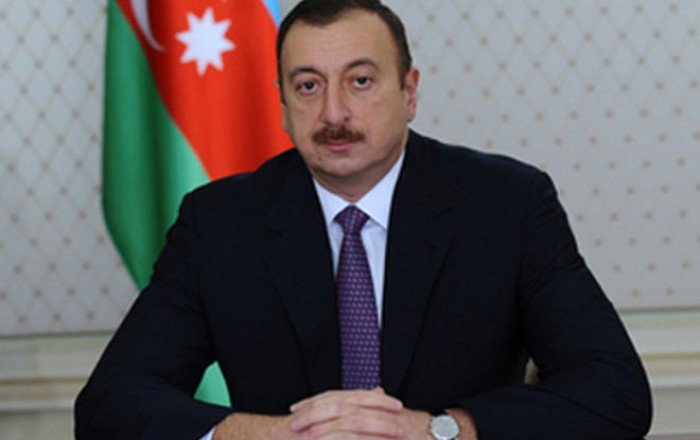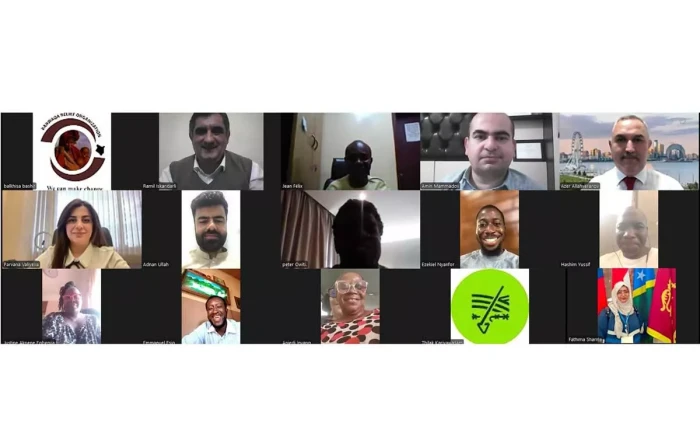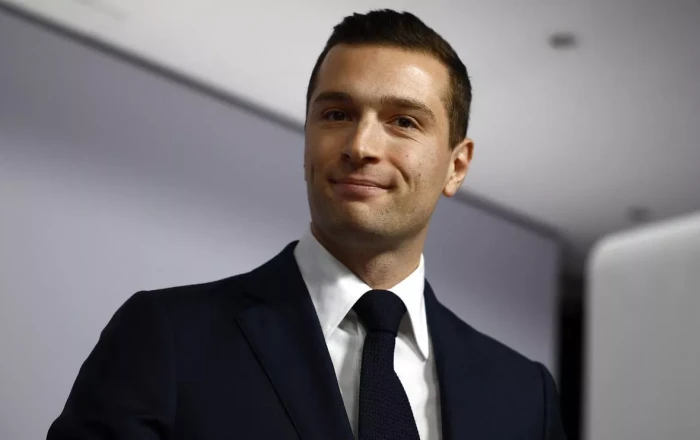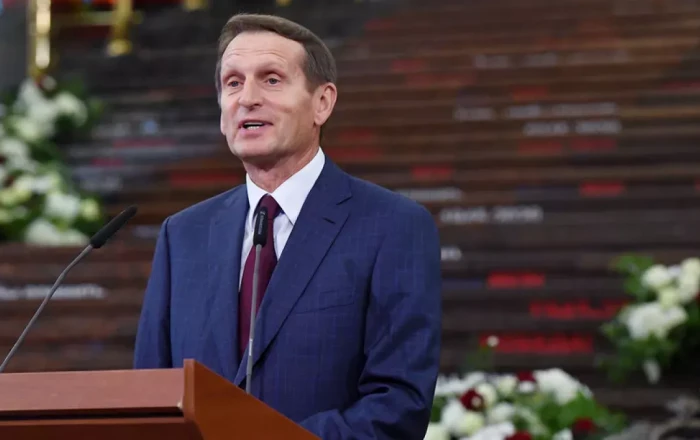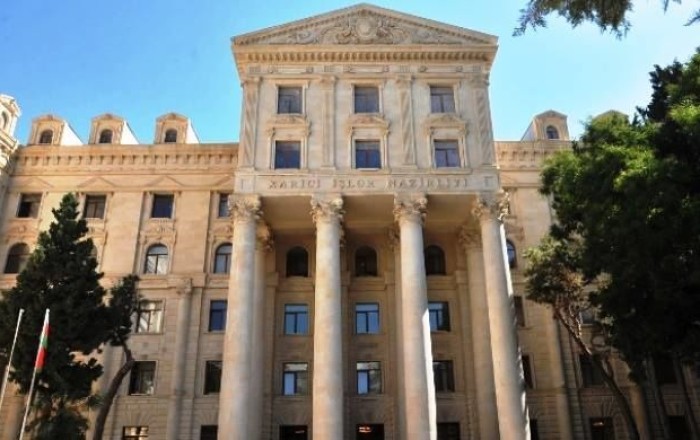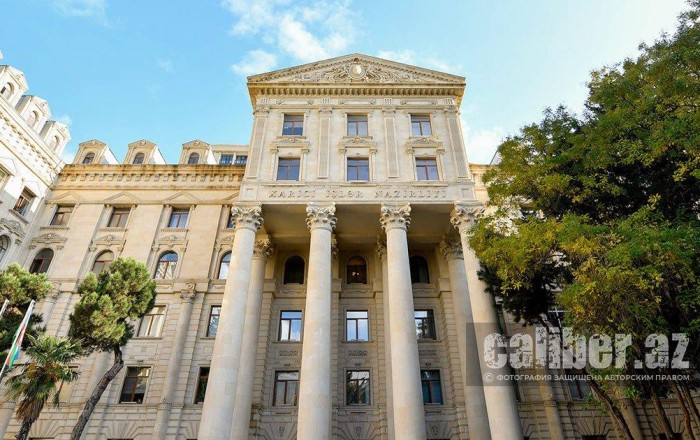The political landscape in the West continues to experience turbulence. The return of the Trump team to the White House has noticeably shifted the vector of political dynamics. While Washington is attempting to return to a form of realpolitik free from ideological constraints, Europe is witnessing a stagnation of political thought—particularly in the EU’s strategy towards the South Caucasus and Central Asia.
According to analysts, the EU is disoriented, yet trying to fill the vacuum that emerged in the region following the departure of the Biden administration. The Trump team's approach to the Eurasian direction is still taking shape and can only be assessed through isolated developments. Nevertheless, the difference between Washington's and Brussels' approaches to the South Caucasus is already apparent, raising questions about the predictability and constructiveness of Western policy.
What course will the policies of the US and EU take toward the South Caucasus? Will they transform in the near future—and if so, in what direction?

According to Belarusian international affairs expert Svetlana Korniechenko, the EU's decline in formulating coherent political strategies is glaring. The actions of the European Union still reflect the residual influence of the Biden administration and rely on outdated templates detached from today’s geopolitical realities.
"Ilham Aliyev very clearly pointed out the ineptitude of current European politicians, who, for the most part, resemble kittens left without their mother-cat after the Biden administration’s departure. They simply don’t know what to do next.
It would almost be amusing—if it weren’t so tragic. Tragic, above all, because the EU has no Plan B in the event of a change in leadership in the United States, which would necessitate a revision of its approaches and priorities. Nothing has been thought through.
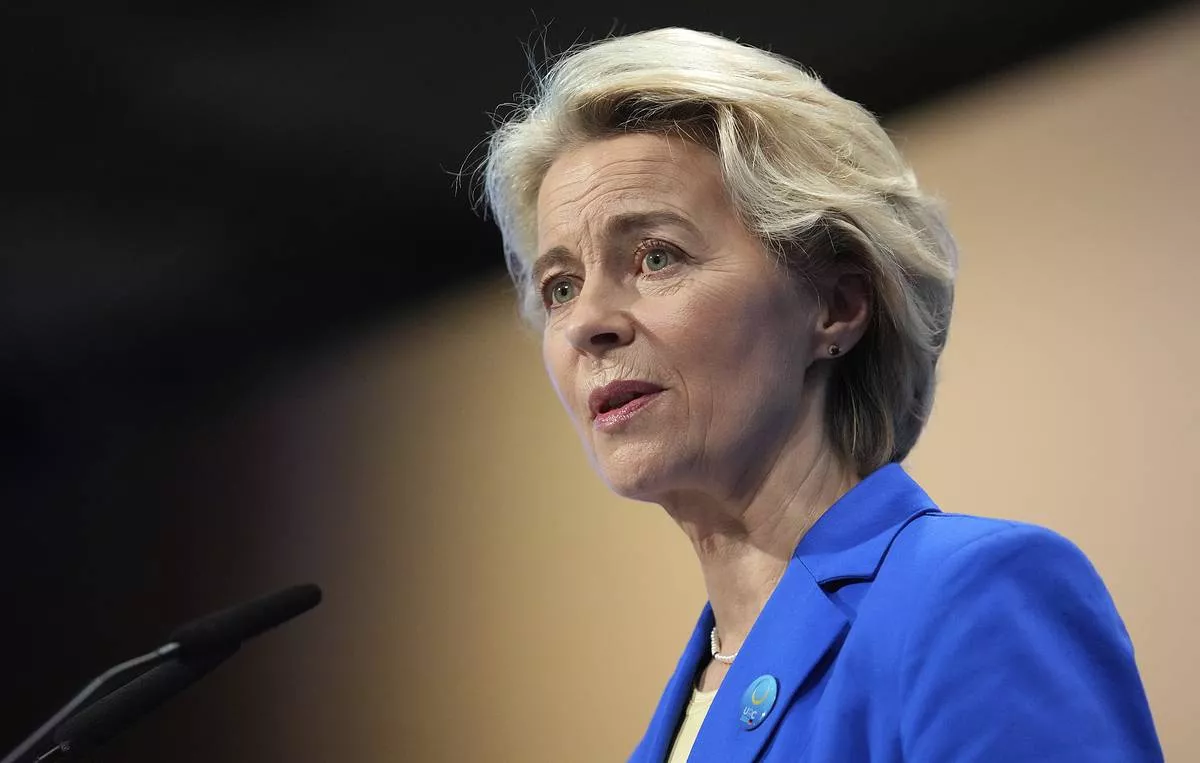
Therefore, Ursula von der Leyen's recent speech was marked by populism and a lack of analysis. At times, it even appeared absurd.
Particular questions arise regarding Brussels' position on transport corridors in the South Caucasus, where political approaches replace economic realities.
This all reflects the ideology of the Biden team, with which the EU leadership found itself in sync. In this ideology, there was everything except common sense.
Brussels's attempt to link the Armenian issue with an economic roadmap for the South Caucasus reveals the EU's inability to build viable development models of its own—it all relies on ideology. This comes across as pathetic and helpless," noted the political analyst.
According to her, the outdated model of assessing the situation in the South Caucasus is especially evident, where the EU's real partners in transport and energy sectors—Azerbaijan and Georgia—have been left out of focus. Instead, the emphasis is placed on Armenia, which is isolated due to its inflexibility and inflated ambitions.
"Some analysts believe that the EU’s approach will be reconsidered after the election of a new chancellor in Germany and the emergence of politicians capable of soberly assessing the situation and finding common ground with the Trump team.
So far, such politicians have not been observed in Europe. In Brussels, only one forced conclusion has been drawn—against the backdrop of the new U.S. economic policy, the EU must build its own strategy for engaging with China.
However, how to do this, which countries to negotiate with, and which mechanisms to use—Brussels has a very vague understanding of this.
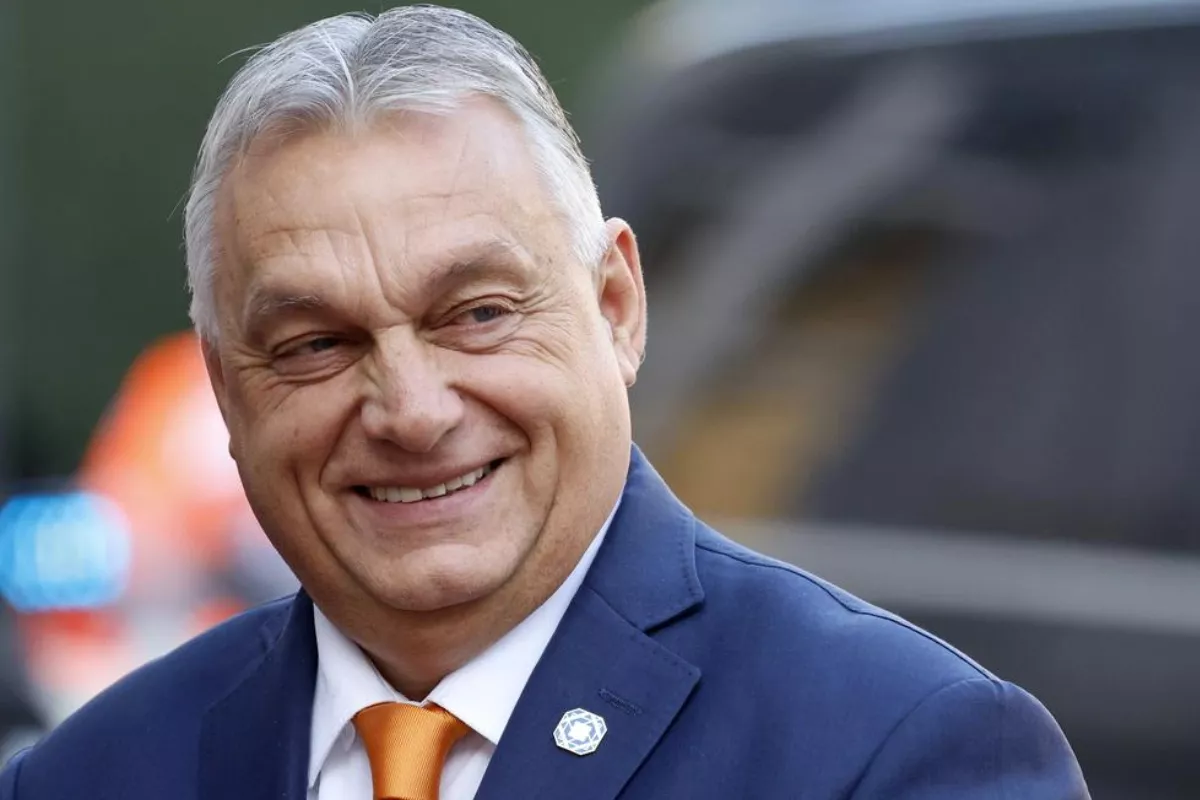
The only sensible player in Europe remains Hungary. Prime Minister Viktor Orban, who understands real priorities, sees strategic partners in the countries of the South Caucasus and Central Asia. Therefore, in terms of political maturity within the EU, I do not expect any significant changes after the elections in Germany.
Most likely, Orban will become the core of the new European policy and the connecting link between Washington and Brussels," said Korniechenko.
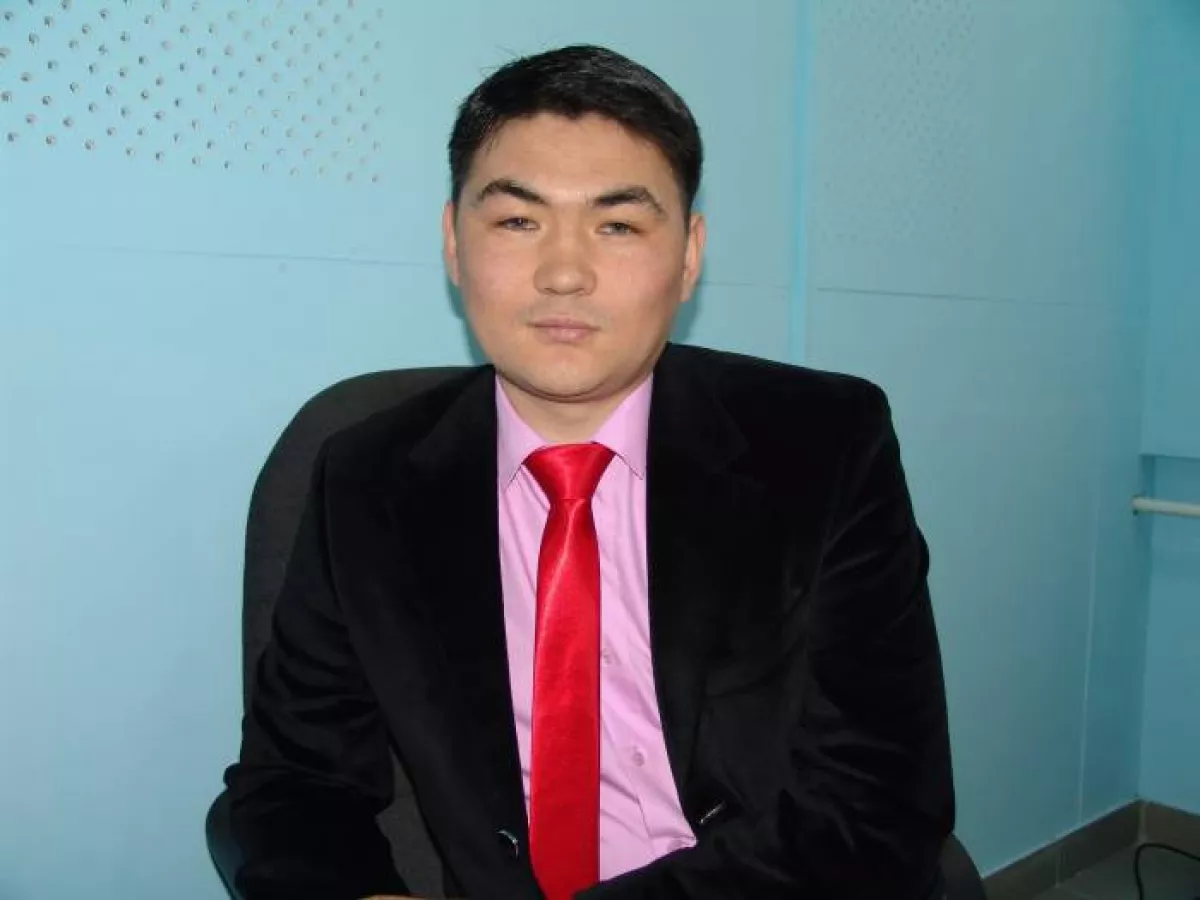
Kazakh political analyst and economist Atbek Aitmatov believes that the countries of Central Asia welcome the EU’s new initiatives, which appear to be an attempt to establish partnership relations rather than impose its will, as it did in the past.
“There are fewer imperialistic tendencies in EU politics. However, on the other hand, Brussels’ vision of cooperation with Central Asian and South Caucasus countries within the framework of the development of the Middle Corridor appears immature. Elements of a ‘divide and rule’ strategy, with which the EU has been associated, are still visible. It is evident that the EU lacks its own experience in these matters, and its understanding of geopolitical realities is coming too slowly.
There is a sense that the policy of this new vision will still be shaped under the influence of Washington and the new generation of Eurasian leaders—such as China’s leader, and the politicians of Central Asia and the South Caucasus.
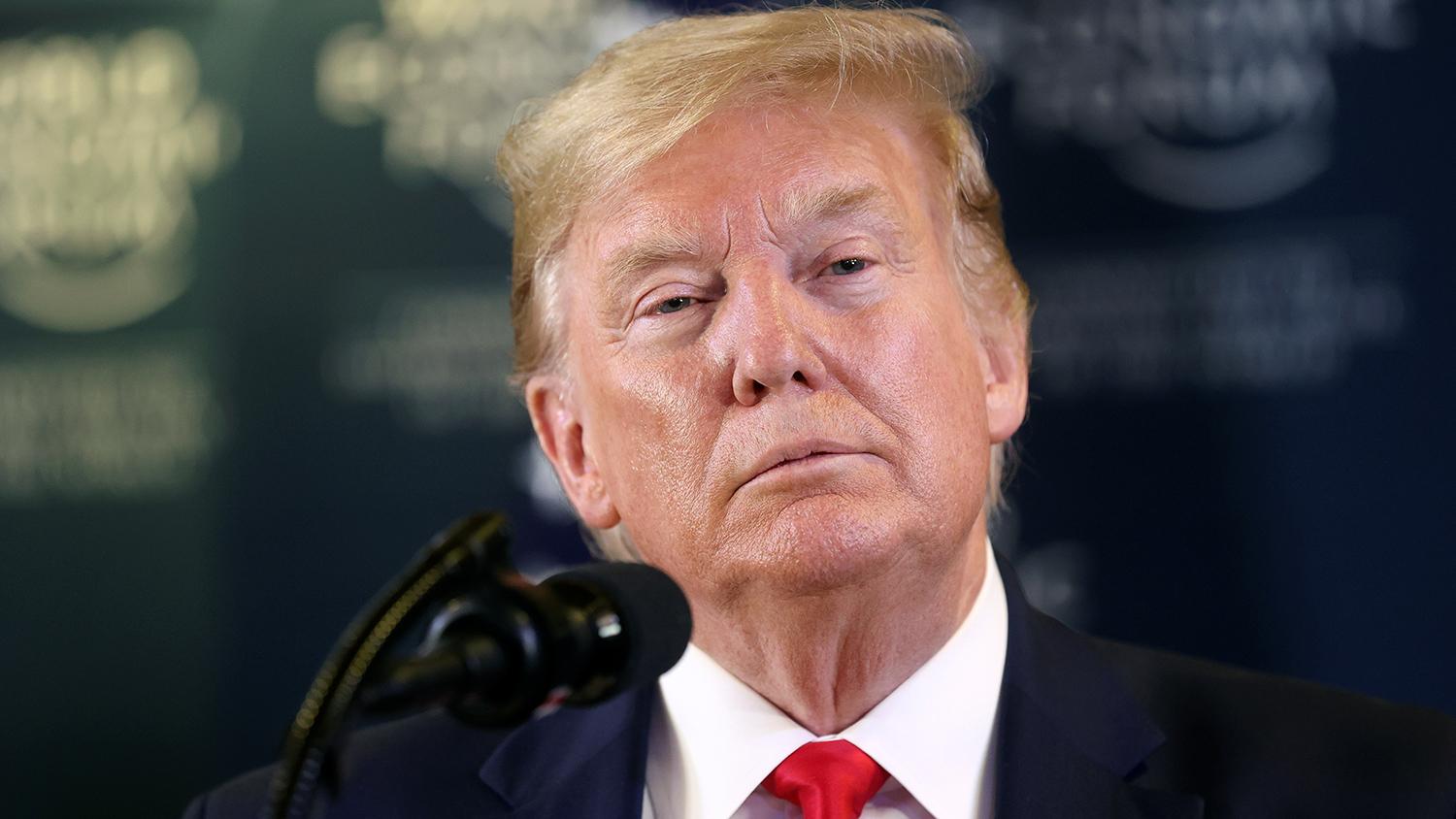
We see that Donald Trump is already trying to build ties with Azerbaijan, as the leader of the region, recognising Baku as a partner of Israel and a major energy and transit player.
In my opinion, the interaction between the West and the South Caucasus will be shaped by two forces with different approaches. One is the conscious, productive policy of the Trump team, and the other is the more toxic line of the EU, which will likely make a number of mistakes before realising the need for a reboot.
It is clear that the direction of change will be set by Washington, while Brussels will painfully and gradually reassess its political and economic legacy.
It is telling that the tone in EU foreign policy today is set by Paris and personally by Macron—a failed politician of modern times.
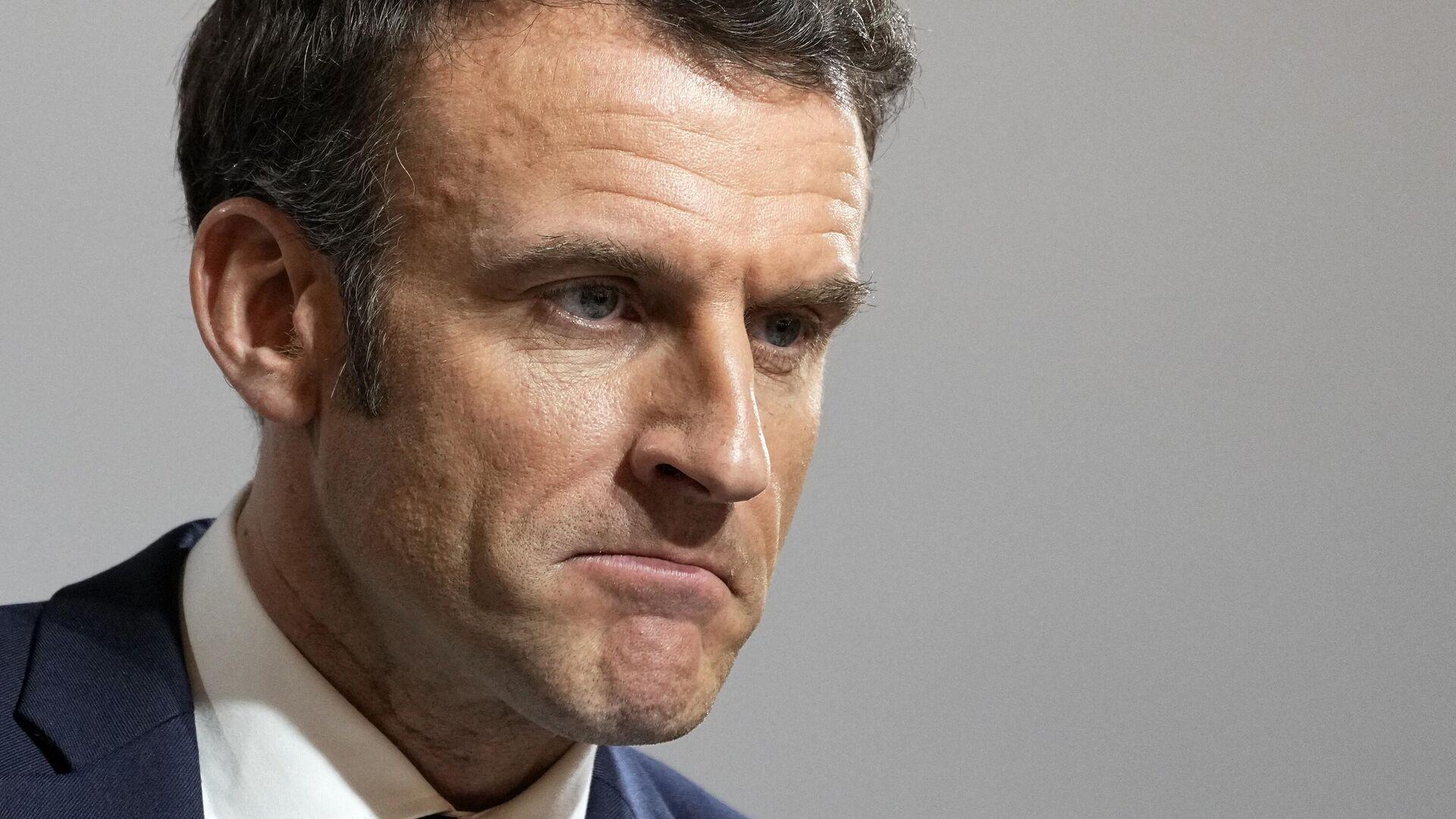
It is he who is shaping the EU’s flawed strategy by steering it toward cooperation with Yerevan—an unprofitable and politically misguided course.
Macron’s departure from the political stage would significantly improve the EU’s effectiveness. Macron is the stone around the neck of a sinking Europe,” Aitmatov concluded.
Source: caliber.az





